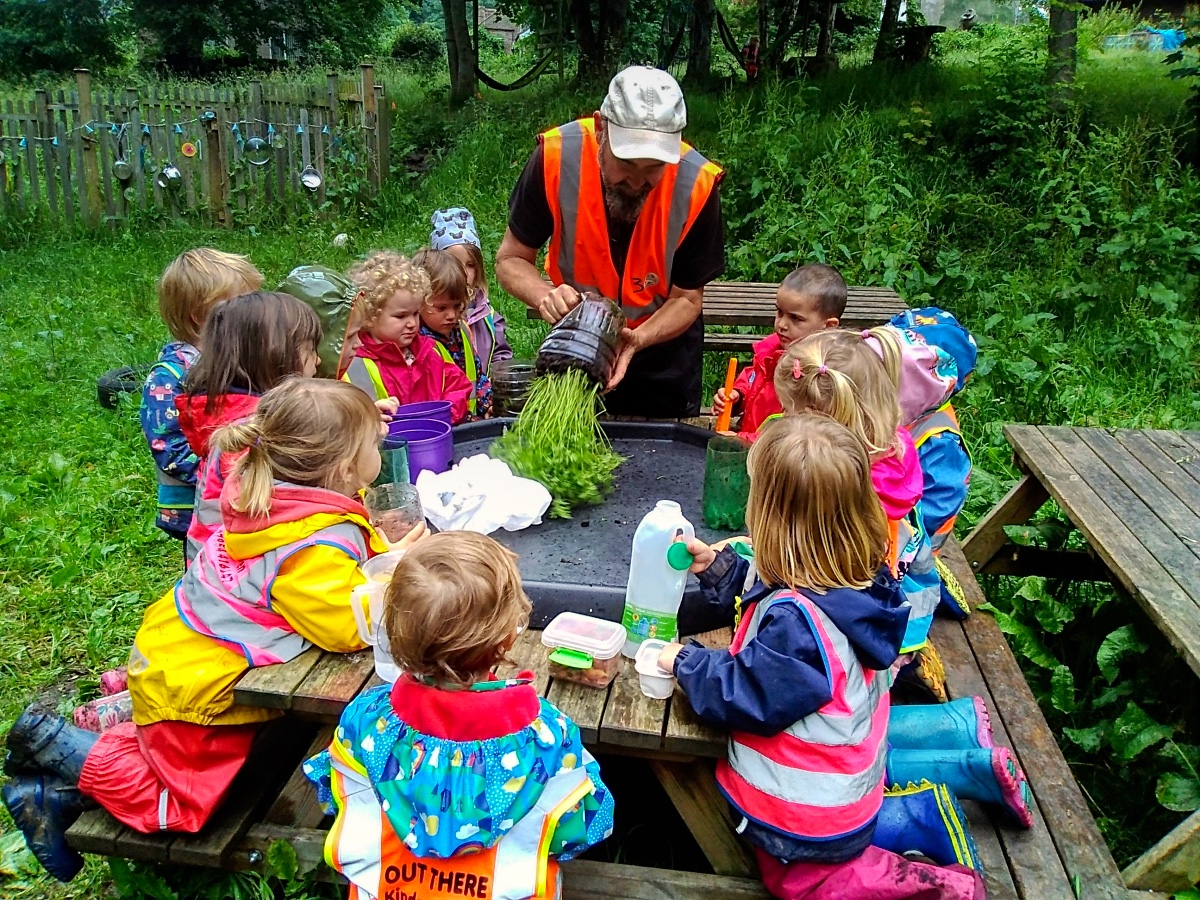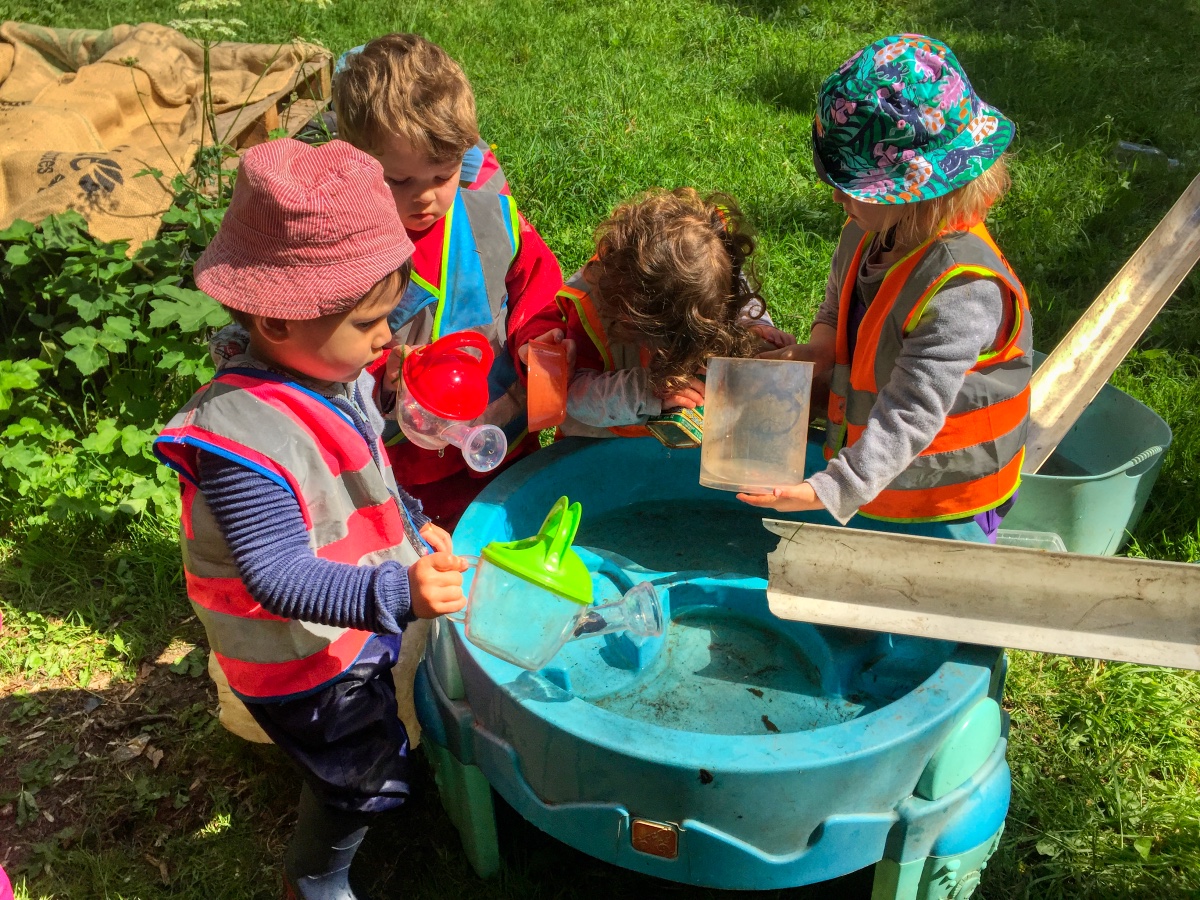Our Values and Ethos
Our educational approach
Our educational approach honours the unique development of each child. We believe that children learn more effectively when their learning is focused on their individual interests, and when they are in a safe and secure environment, where they are able to express their needs and emotions effectively, and when they feel connected to the people around them.
These are some of the things we value and focus on:
Developing social and emotional skills
Encouraging children to work cooperatively and collaboratively
Helping children to manage conflict, find ways to express their needs and emotions
Child initiated learning and child-led projects
Nature-based free play and outdoor learning
Interactive, hands-on learning
Social and environmental sustainability
Building an inclusive and diverse community
Nature-based free play and outdoor learning
OUR CORE VALUES
Social and emotional wellbeing - Central to our ethos is the emotional and social well-being of each child. We promote a greater sense of wellbeing through the outdoors. We believe that social and emotional stability creates the foundation for other forms of learning to flourish. We aim to build an open, democratic community that encourages children to communicate their needs and learn how to resolve conflict through peaceful communication. We practice mindfulness and avoid the use of punishments and rewards in order to to pursue these aims.
We also highly value the wellbeing of our our staff team. We aim to provide a reflective learning community in which people feel valued, supported, respected and listened to.
Developing Social Skills - By helping children build life long social skills such as playing well with others, problem solving, labelling and recognising feelings, being helpful and controlling impulses we are preparing them intellectually for the next stages of their learning. We want to help children to develop the ability to make decisions and solve problems collaboratively and co-operatively, developing life-skills that will support them in every and any situation. We aim to involve children in making rules and agreements, in planning and evaluating learning and resolving conflicts and behavioural issues.
Child initiated learning - We expect and encourage children to take charge of initiating and leading their learning, with adults available to provide resources and guidance when required or requested. Giving children choice, autonomy and responsibility results in more self motivated, engaged, and confident learners. There is immense educational value in allowing children to make mistakes, manage risks, and attempt to resolve conflicts independently.
Nature connection - As Forest School leaders and enthusiasts, we know the benefits, both physical and psychological, of spending more time outside in a natural environment. A cornerstone of our practice is nature-based free play allowing opportunities for children to connect with nature. We believe it is important for children to develop and sustain a connection with nature. This is supported by our environmental policy.
Promoting environmental sustainability - Having a strong awareness of the environmental issues which threaten our planet and future generations is important to us . As environmental educators, we aim to operate in a way that has a low impact on our environment and promotes sustainability. Our practitioners plan, resource and teach in a way which helps protect the environment by using primarily natural resources. Their activities often promote conversation about the importance of our protecting our planet. We actively source preloved items and loose parts to furnish our Kindergartens and we make our own wooden play equipment from pallets and reclaimed wood. We use a local food supplier to provide children with organic snack and a light afternoon tea and are completely paperless, having moved all of our paperwork online.
Interactive, hands-on learning - Learning is based in practical, applied activities such as tool use, cooking, building, gardening, art and music. These activities build and utilise core skills in a more meaningful way and make it easier for children to apply their learning and remember what they have learned.
Building an Inclusive and Diverse Community - Drawing on children’s individual starting points, learning styles, family background and culture to ensure equality of opportunities, inclusion and diversity whilst actively involving parents and other members of the local community in our learning community, inviting everyone to share their skills, enthusiasm and ideas.
Interactive, hands on learning
INFLUENCES
Forest schools and Nature Connection
In Forest Schools, learning happens in the context of a woodland or other outdoor space, which provides physical space, sensory stimulus, and risk-taking opportunities to enable learning. Practitioners make this space ‘safe enough’ to enable children’s learning whilst keeping themselves safe, without making the space ‘risk-free’ or ‘sanitised’, allowing children to build their self-esteem through challenge. Learning is play-based and, as far as possible, child-initiated and child-led. Children are given extended periods of time, physical space, opportunities to take risks, and the autonomy to choose their own activities. This is facilitated by first establishing clear routines and boundaries, and then allowing a great deal of freedom within these.
Read more about the Forest School approach here
Project-based education
In project-based learning, children choose and explore an area of interest, with support from adults. An initial inquiry can naturally expand and be extended, encompassing many different areas of learning and development, following on from each child’s interest.
Steiner Waldorf
The Steiner method of education is a nature- and child-led approach that places the natural world, seasonal rhythms and cycles of life at its heart. It attempts to provide a balanced and holistic approach through the application of three core principles; ‘to provide an experience based upon an understanding of the child’s developmental needs, to acknowledge children as having physical, emotional, cognitive and spiritual needs, and to remain aware of the long-term as well as the immediate effect of the educating process’. There is an emphasis on movement and play, imitation and example, rhythm and repetition, creativity and ‘sensory nourishment’, and protecting the ‘wonder of childhood’.
Reggio Emilia Approach
An innovative and inspiring approach to early childhood education which values the child as strong, capable and resilient; rich with wonder and knowledge. Every child brings with them deep curiosity and potential, and this innate curiosity drives their interest to understand their world and their place within it. Its ethos is based on the principles of respect, responsibility, and community through exploration and discovery based on the interests of the children through a self-guided curriculum.
Montessori
Encourages independence, freedom of movement, sensory and physical understanding of the world, active learning through ‘doing’ rather than through instruction. Adult support is offered through the role of facilitator; enabling and providing for developmental needs rather than instructing and leading learning, the child is allowed to take the initiative. Allowing the child the time to develop their interest and be self-motivated is more likely to result in achievement, success, progression and enjoyment. Children are given time to consolidate learning throughout sessions, tasks undertaken are allowed to be continued over time this repetition helps children to reinforce and build upon their understanding and knowledge.
Democratic education
Democratic schools are characterised by democratic meetings in which decisions are made and problems resolved. Adults and children have an equal voice and children may choose what they learn and how. Children’s rights are at the centre of this ethos. We promote the voice of the child and give them a safe safe to open up, make choices and feel valued.
Unconditional approach
We have been influenced in our approach to ‘behaviour management’ by the unconditional approach - avoiding using rewards and punishments, including praise and disapproval. We beleive it is crucially important for children to develop empathy, intrinsic motivation and an understanding of the consequences of their actions, rather than develop behaviours based on a desire for praise of reward, or fear of punishment or disapproval.



